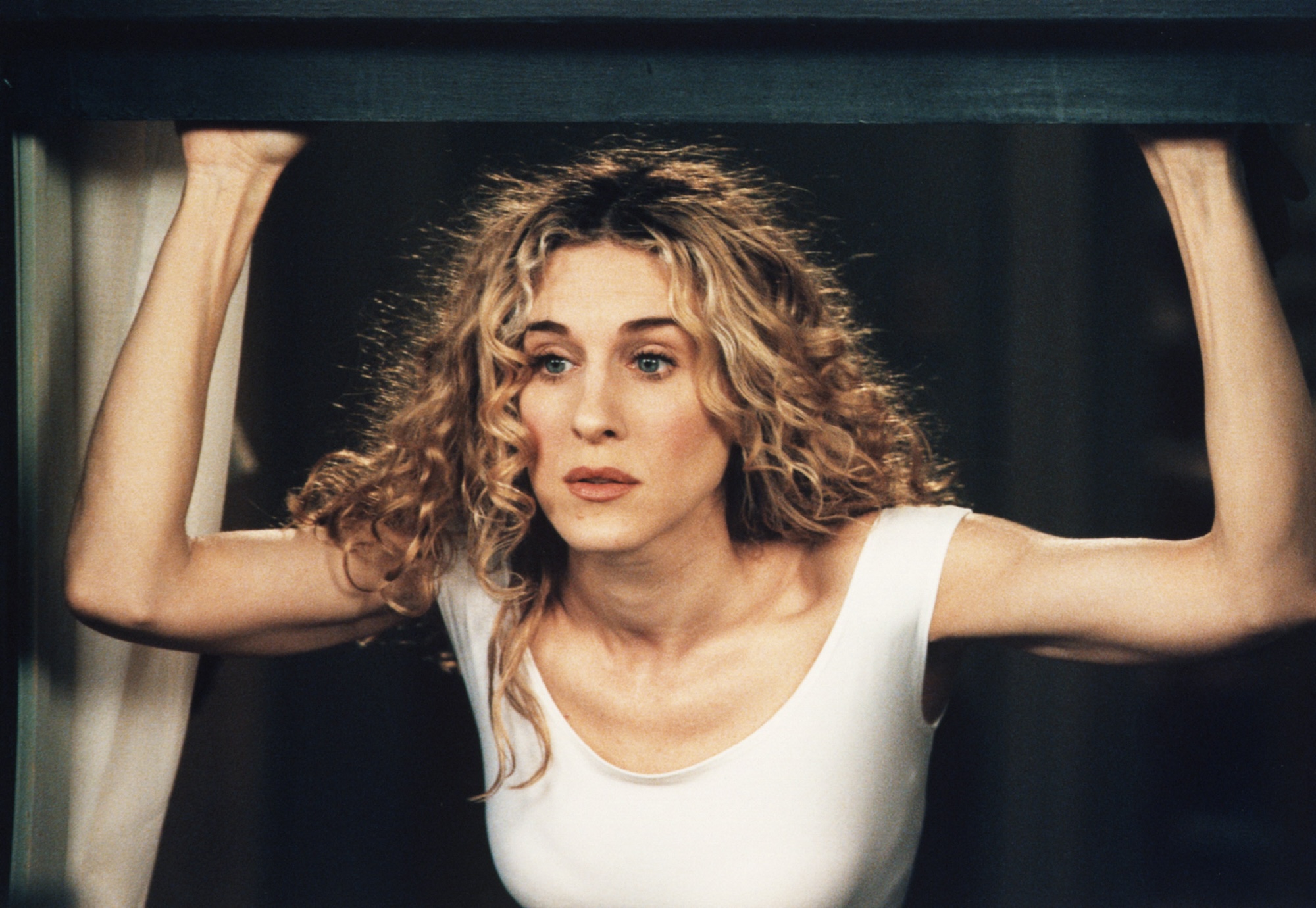The portrayal of female characters in television series continues to spark intense debate, particularly regarding the disparity in how audiences judge men and women. This discussion has gained traction as iconic series such as Sex and the City and Girls receive renewed attention through streaming platforms. Critics and fans alike are questioning why flawed female protagonists often face harsher scrutiny compared to their male counterparts.
In a recent interview, Sarah Jessica Parker, who reprised her role as Carrie Bradshaw in the spinoff series And Just Like That, addressed the backlash against her character. She noted that Carrie is “an extraordinarily decent and good person” and expressed surprise at the harsh judgments directed toward her, especially when compared to beloved male characters. Parker pointed out that male leads can commit serious transgressions, yet are often celebrated. “It’s always interesting to me that [Carrie] is so condemned, but a male lead on a show can be a murderer and people love him,” she stated, highlighting the contrast in audience reactions.
The podcast world is also engaging in this conversation. Amelia Ritthaler, host of the Girls Rewatch Podcast, and her guest, Lena Dunham, discussed the intense backlash faced by characters like Hannah Horvath. Dunham noted that while audiences criticized Hannah and her friends as “evil people,” they romanticized male antiheroes like Tony Soprano from The Sopranos. “People were like, ‘Tony Soprano is a misunderstood, kind man,’” Dunham explained, revealing a significant disconnect in how male and female characters are perceived.
The issue appears to stem from deeply rooted societal norms. Shawn French, founder and host of the podcast The Determined Society, emphasized that male protagonists are often viewed as “antiheroes,” allowing viewers to excuse their flaws as signs of complexity. In contrast, female leads exhibiting similar imperfections are frequently labeled as “unlikable.” French pointed out that many audiences still unconsciously expect women on screen to fit an aspirational mold, which can trigger intense criticism when they fail to do so.
This pattern of judgment is not limited to historic series. Contemporary shows like The Summer I Turned Pretty and Emily in Paris have also faced social media backlash, with viewers expressing strong opinions on the characters’ decisions and morality. The expectation for women to be nurturing or morally grounded continues to shape audience responses. French argues, “Women don’t need to be perfect to be worth watching.” He advocates for giving female characters the same freedom to be flawed and authentic as their male counterparts, which could lead to richer storytelling and more relatable portrayals.
As these discussions unfold, it becomes increasingly clear that the scrutiny of female characters reflects broader societal attitudes toward gender and morality. The contrasting treatment of male and female protagonists raises important questions about representation in media and the narratives we choose to celebrate. By addressing these disparities, audiences can pave the way for a more equitable viewing experience that embraces the complexities of all characters, regardless of gender.
